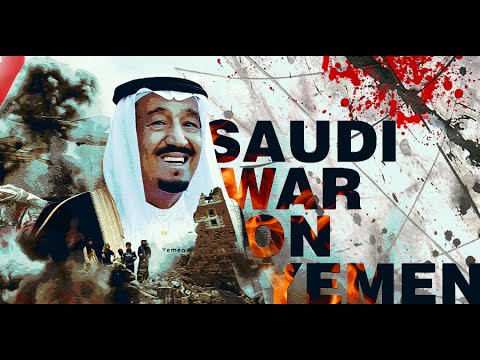What does Saudi seek behind call for Arab Summits?
YemenExtra
Y.A
Saudi Press Agency (SPA) on Sunday published King Salman’s call for emergency meetings by the Arab League and the (Persian) Gulf Cooperation Council in Mecca on May 30. The summit’s agenda is discussing regional situation after the recent escalation, mainly after the attacks on the UAE and Saudi oil tankers in UAE’s Fujairah Port and the drone strikes by Yemeni forces on a Saudi oil pipeline carrying oil from the west to the east of the Arab kingdom. In addition to the stated discussion themes, a range of goals is sought behind the call for the summits.
Seeking another consensus over Yemen
Apparently, the four-year war led by Saudi Arabia against neighboring Yemen has run into an impasse. Riyadh neither wins the war nor has the courage to admit its defeat. On the one hand, the heinous crimes against the defenseless Yemeni people over the past few years have had no supporter but the UAE and the Trump administration. And on the other hand, only a name is left of the Arab military coalition formed by Saudi Arabia and a couple of Arab states in early 2015.
In the middle of the Saudi setbacks, the international pressures are mounting on Riyadh to stop the atrocities against the Yemenis amid an unprecedented humanitarian crisis caused by an all-out blockade and relentless bombing of the infrastructures. Add to this the Yemeni Ansarullah movement’s muscle-flexing before the Saudis over the past few days. The resistant movement last week declared drone strikes on the facilities belonging to the Saudi oil giant Aramco, indicating that Yemeni forces can penetrate the Saudi airspace and target the kingdom’s vital income sources. This gave the Saudi leaders the idea that with regard to the international community’s concerns about the escalating tensions in the Persian Gulf region and delicate calm they can garner further support for continuation of the anti-Yemeni campaign by possibly adding anti-Ansarullah material to the closing statements of the upcoming meetings and thus help alleviate the international pressures calling for them to stop their attacks and end the siege on Hudaydah Port, the only lifeline to Yemenis in the north, and implement Stockholm agreement reached in December 2018.
Mohammed Ali al-Houthi, the president of the Supreme Revolutionary Council of Yemen, in a Twitter post reacted to Riyadh’s call for summits. He wrote that: IS tell all free people in the holy month of Ramadan to save the Yemeni lives by refusing to attend a gatherings which does not prevent aggression against the Yemeni civilians and on the contrary back war and bloodshed in Yemen.
Source:Website

